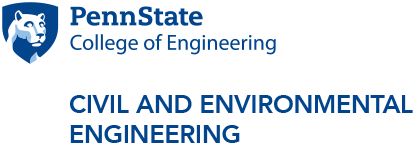Integrating Hydrologic Modeling and Field Data with Local Knowledge Holders
Co-production of research is built from two way exchange of information; this type of knowledge sharing is key to identifying levers of change that our scientific work can support. Building trust is key to establishing and maintaining relationships that facilitate this level of engagement. Our talks will provide examples of entry points into this work, and an example of how prioritizing the values and knowledge of communities can support data-gathering and hydrologic modeling across systems.
Establishing and maintaining relationships with stakeholders may seem like a barrier to engaging communities. The first talk will share three vignettes that highlight alternative pathways to engaging various community partners. Each of these collaborations have led to increased access to hydrologic data, development of modeling tools that inform watershed management, and relationships that extend beyond the individual projects presented.
The second talk will share the story of a tribal-university collaboration around Manoomin (in Ojibwe) / Psiη (in Dakota), or Wild Rice (Zizania palustris), an highly sensitive aquatic plant that holds great significance to Indigenous peoples around the Upper Laurentian Great Lakes. By adopting an ethically responsible approach that prioritizes Indigenous values and knowledge, scientists can play a role in protecting Manoomin/Psiη waters, support Indigenous communities and their sovereignty, and gain new insights on complex responses to climate and other environmental change.
Bios
Kendra Kaiser is an Assistant Research Faculty in the Department of Geosciences at Boise State University. She received her BS from Montana State University, and her PhD in Watershed Hydrology & Biogeochemistry from Duke University. Her research focuses on co-production of water resources research with individuals and communities across the Pacific Northwest to facilitate integration of hydrologic data and modeling tools into decision-making processes.
Crystal Ng is an associate professor in the Department of Earth & Environmental Sciences at the University of Minnesota-Twin Cities. She received her bachelor’s degree from Harvard University and her PhD degree in Environmental Engineering at MIT. Her research focuses on integrated hydrological modeling to understand responses to climate change, land-use/cover change, and contamination. More recently, she has also been conducting community-engaged research with the aim of supporting Indigenous sovereignty and priorities.
Event Contact: Li Li



